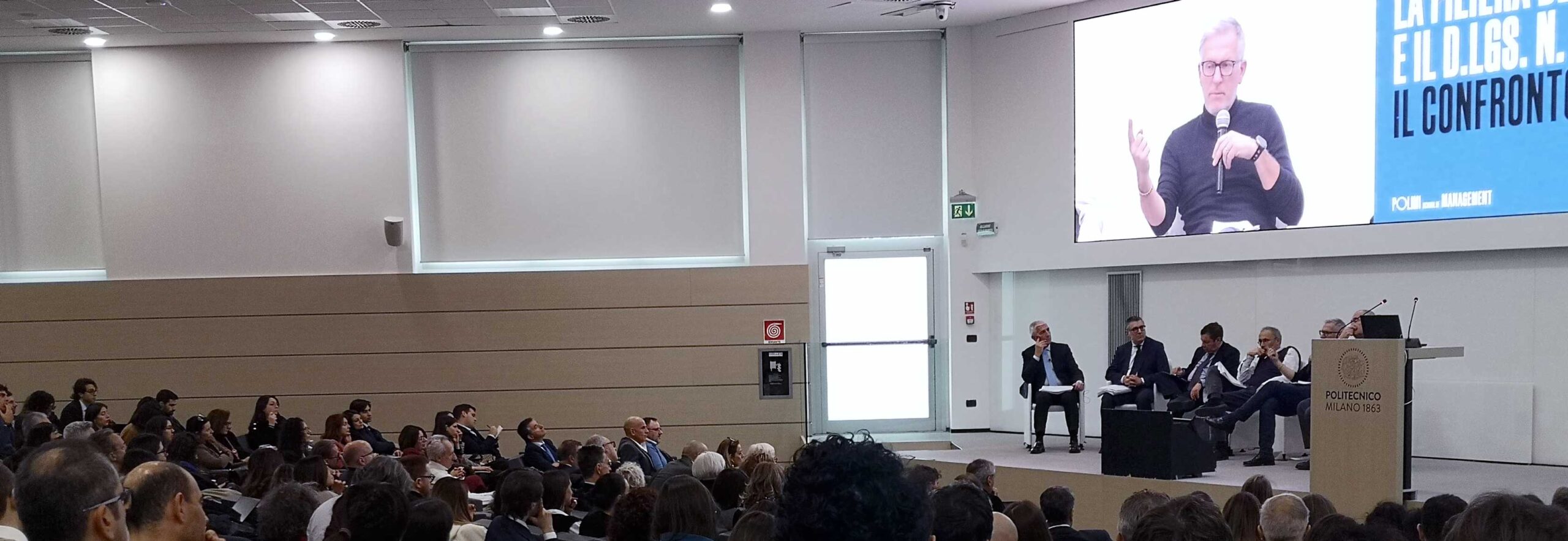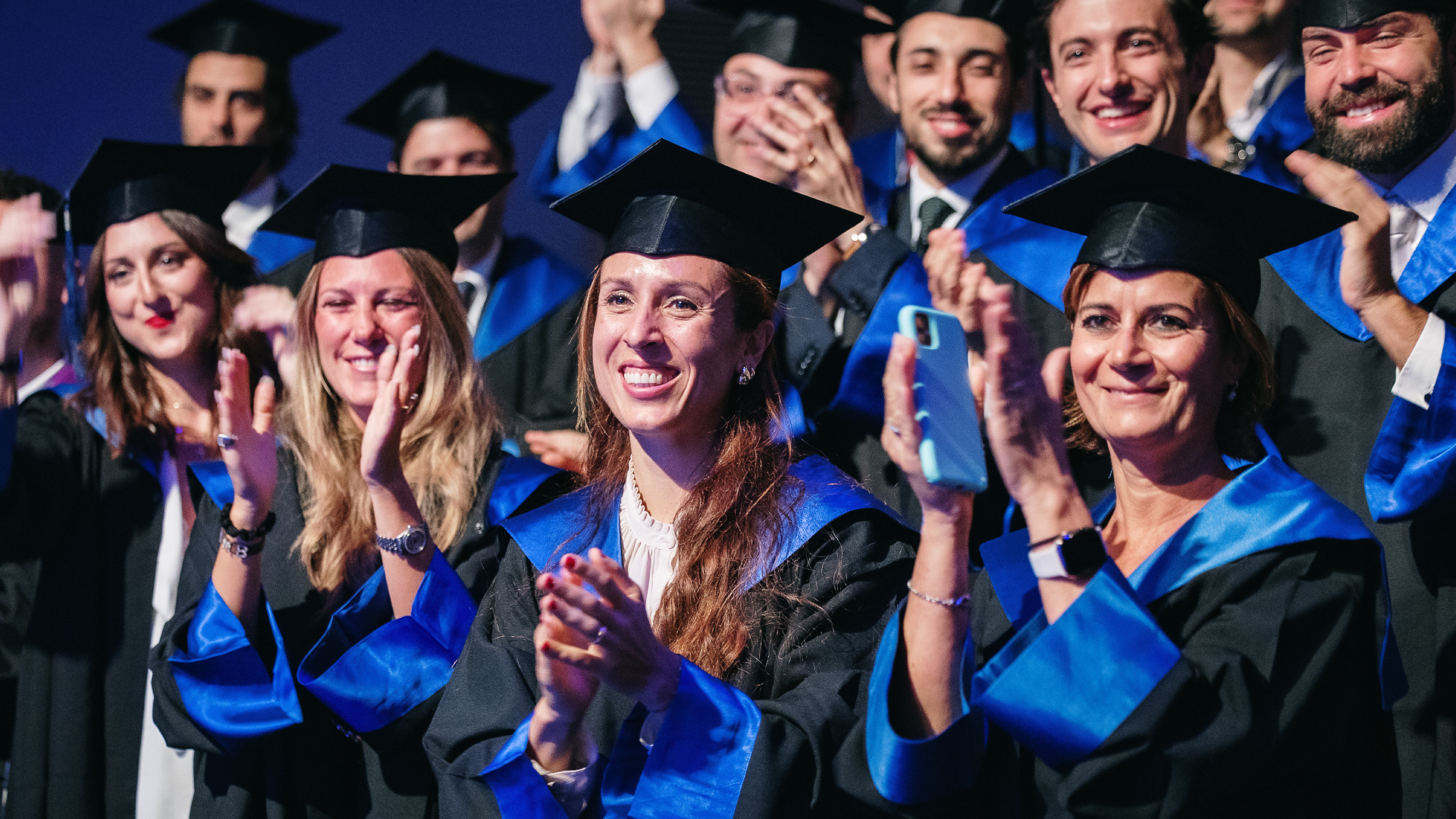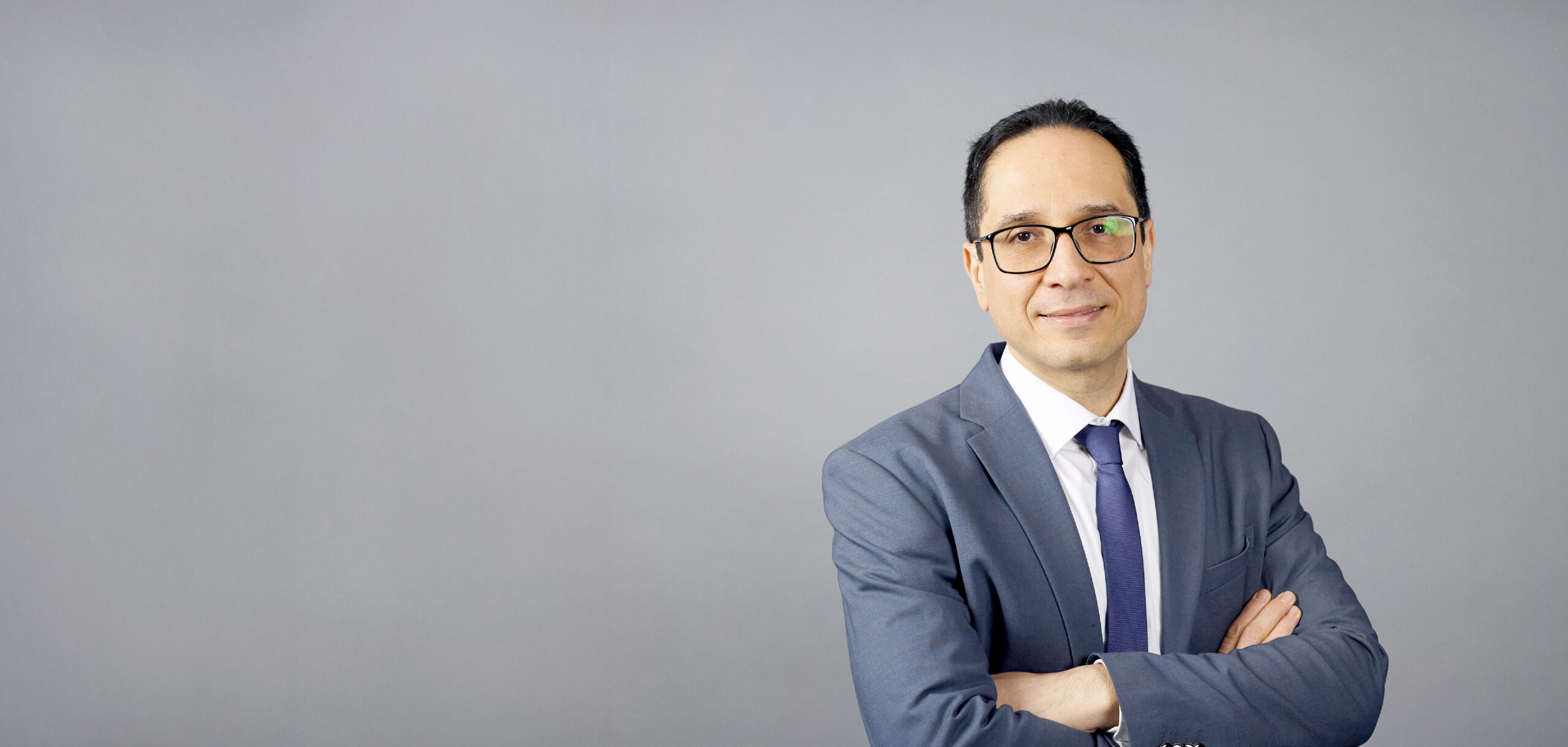

Sostenibilità | 8 Oct
The sixth edition of the Save the Duck Graduation Award
A €5,000 prize for the best master’s thesis focused on innovation and sustainability in the...
Read
Award | 8 Oct
A POLIMI School of Management research recognised at the Academy...
Giacomo Dei, a PhD candidate at the POLIMI School of Management of Politecnico di Milano,...
Read





